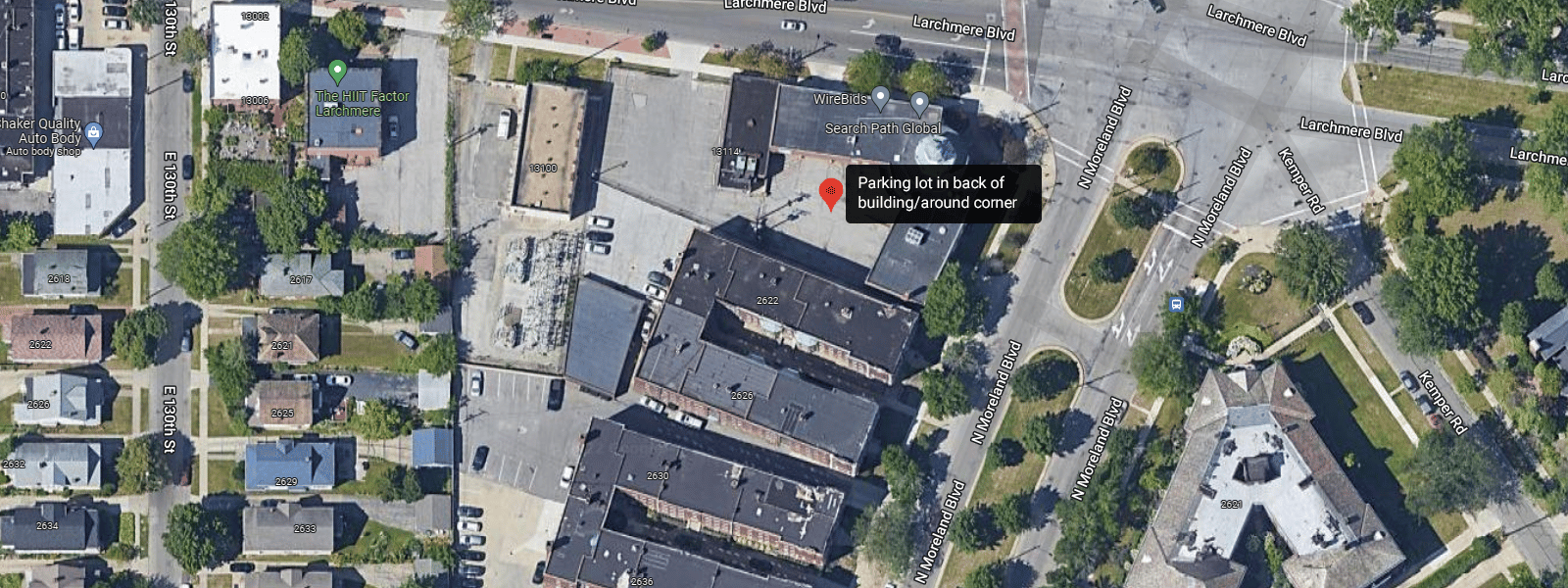
What do people mean when they refer to a real estate “closing?” The answer will vary from region to region, as the traditions and requirements vary wildly depending on where you are. In this page, we’ll go through the process of buying a house and try to identify the most basic elements of a real estate transaction that don’t vary from state to state.
The Anatomy of a Real Estate Closing
Purchase Agreement
The first and most important legal document in a real estate transaction is the purchase and sale agreement. This document is variously referred to as a “PSA”or a “PA” in the field, and may be called many different things, but the thing to remember is that this a binding contract where the buyer and seller agree on the terms of a sale of real estate. Common elements of a PSA are as follows:
- Identity of the buyer and seller
- Identification of the property being sold
- The price of the property
- Who pays closing costs
- Whether title insurance is being purchased
- Broker’s commission, if an agent is involved
- What kind of contingencies are being offered to the buyer (these are “backdoors” for the buyer to cancel the contract without consequence, such as an inspection or a mortgage financing contingency)
Purchase agreements can be very short — for instance, including the only the first three elements of the above list. This can be an elegant solution for a quick transaction, but it does leave many questions for the people involved in the transaction. It’s a trade-off.
Most regions have a local realtor’s association that has adopted a standard form purchase agreement that sets the terms of a retail home transaction. The terms can of course be modified if the parties desire, but in the absence of such a desire, everyone knows what the default terms should be. In most parts of Ohio, the terms supplied by a realtor’s purchase agreement constitute the “tradition” of how costs are allocated and how the transaction proceeds. These include:
- A title search is performed and the buyer obtains a title insurance policy as part of the sale, which the buyer and seller split
- Buyer pays costs incident to obtaining a mortgage
- Seller pays for the deed drafting and any municipal inspection fee
- The seller gives the buyer a credit for the tax proration, which represents the taxes that would be due on the day of closing if the county sent a bill for taxes that day. Since most states bill for property taxes six months behind, it becomes necessary to calculate and estimate the amount of taxes that the seller actually owes but hasn’t paid yet, and give a credit to the buyer.
Title Examination & Insurance
When the buyer and seller sign a purchase agreement, they usually forward it to a title agency, which handles the transaction from start to finish. Title agencies in Ohio really serve two functions: the first, to research the title to the property and issue a commitment or binder to insure the title to the property if certain things are done (i.e., the buyer pays the purchase price, the seller signs the deed, etc.) Title agencies also typically function as escrow agent, whose job it is to handle the purchase price, ensure that all taxes and fees are paid, and record the signed and notarized deed.
In some states, title agencies and escrow agencies are separate functions with separate licenses, but in most states, this function is combined for the sake of making the transaction run more smoothly.
Once the title agency researches the title, it produces a commitment that sets forth a set of requirements in order to make the title to the property clear, such as paying off mortgages, liens, or obtaining a deed from one or more people (The most obvious, of course, being the deed from the seller, but sometimes other people may hold an interest in property that requires an extra deed or two be made in order to clear title).
Finally, ahead of the closing date, the title agency produces all the required documentation and a settlement statement that outlines how the money will be spent down to the penny. It tells the buyer how much is owed and the seller how much they will receive once the transaction is complete. The closing date is typically chosen by the purchase agreement.
When tax or rent prorations are being made, changing the closing date will change how much the buyer owes and how much the seller receives. Sometimes various things can delay closing, like the failure of the buyer to send the funds on time or a city inspection that is delayed. In this case, it is up to the parties as to whether they would rather change the closing date, and therefore change the accounting of the money in escrow, or retain the original closing date.
The Closing Ceremony
There are two types of closings that dominate the field: the escrow closing and the roundtable closing. This is again a regional custom; escrow closings tend to be more popular in cities and suburban areas, and roundtable closings are more of a rural tradition. In an escrow closing, the title agency works with both the buyer and seller separately in order to obtain the required documents and funds, and once everything is received, then the escrow “funds” and the transaction takes place.
The roundtable closing sounds like what it is — all the parties meet in around a table in a single office in order to exchange money and documents. In a roundtable closing, an inexperienced buyer and seller has an opportunity to ask questions of the experts present at the closing. This comes with a cost, however–the pain of having to try to gather six or more busy professionals, plus the buyer and seller, in a single office at the same time. This is why the escrow closing is becoming much more popular — it can be done on everyone’s own time, and sometimes completely online without ever having to make an appointment.
In an escrow closing, the seller signs the deed before a notary and the title agent holds on to the deed until the buyer wires the money. The title agent uses a checklist to ensure that all the necessary documents have been obtained — city inspections, the buyer and seller closing packages, etc. Once the money has been received, the agent updates the title one more time — usually by searching the county website for any new deeds or mortgages to ensure that the seller hasn’t done anything that clouded the title since the examination.
If nothing comes up, then the agent writes all the checks for taxes, recording fees, title insurance, the seller’s proceeds, etc., and sends the deed off to the county to be recorded. If everything has gone smoothly, then the buyer and seller receive a call or email informing them that the property has transferred!

